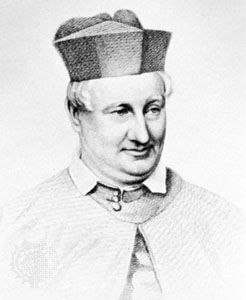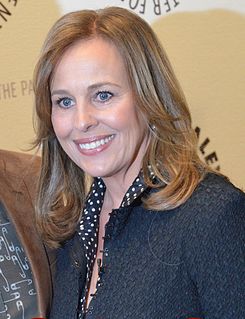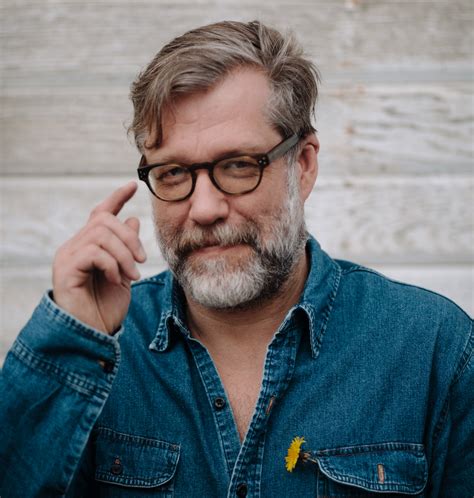A Quote by Frederick William Faber
Nobody is kind to only one person at once, but to many persons in one.
Related Quotes
The novel space is a pure space. I'm nobody once I go into that room. I'm not gay, I'm not bald, I'm not Irish. I'm not anybody. I'm nobody. I'm the guy telling the story, and the only person that matters is the person reading that story, the target. It's to get that person to feel what I'm trying to dramatize.
You get another person who operates only in an African language and there are many persons who operate only in African languages; he or she is excluded from all the goodies that come with English. And even in terms of justice, law codes, the legal system. A person who does not know English in Africa is excluded from that system because he can only operate through acts of translation.
History is for human self-knowledge. Knowing yourself means knowing, first, what it is to be a person; secondly, knowing what it is to be the kind of person you are; and thirdly, knowing what it is to be the person you are and nobody else is. Knowing yourself means knowing what you can do; and since nobody knows what they can do until they try, the only clue to what man can do is what man has done. The value of history, then, is that it teaches us what man has done and thus what man is.
I remember being in Atlantic City once when I was 18 or 19, and a sea of people were screaming and pulling their hair because I was there. It was weird. Nobody deserves adulation like that. I tried to explain it to my kids once. I said, 'Mommy used to be kind of cool, kind of like a Britney Spears.'
It is known to all persons who are conversant in experimental philosophy, that there are many little attentions and precautions necessary to be observed in the conducting of experiments, which cannot well be described in words, but which it is needless to describe, since practice will necessarily suggest them; though, like all other arts in which the hands and fingers are made use of, it is only much practice that can enable a person to go through complex experiments, of this or any kind, with ease and readiness.
Ours is the only religion that does not depend on a person or persons; it is based upon principles. At the same time there is room for millions of persons. There is ample ground for introducing persons, but each one of them must be an illustration of the principles. We must not forget that. These principles of our religion are all safe, and it should be the life-work of everyone of us to keep then safe, and to keep them free from the accumulating dirt and dust of ages.
A person is either himself or not himself; is either rooted in his existence or is a fabrication; has either found his humanhood or is still playing with masks and roles and status symbols. And nobody is more aware of this difference (although unconsciously) than a child. Only an authentic person can evoke a good response in the core of the other person; only person is resonant to person.
Our allegiance is to the principles always, and not to the persons. Persons are but the embodiments, the illustrations of the principles. If the principles are there, the persons will come by the thousands and millions. If the principle is safe, persons like Buddha will be born by the hundreds and thousands. But if the principle is lost and forgotten and the whole of national life tries to cling round a so-called historical person, woe unto that religion, danger unto that religion!


































